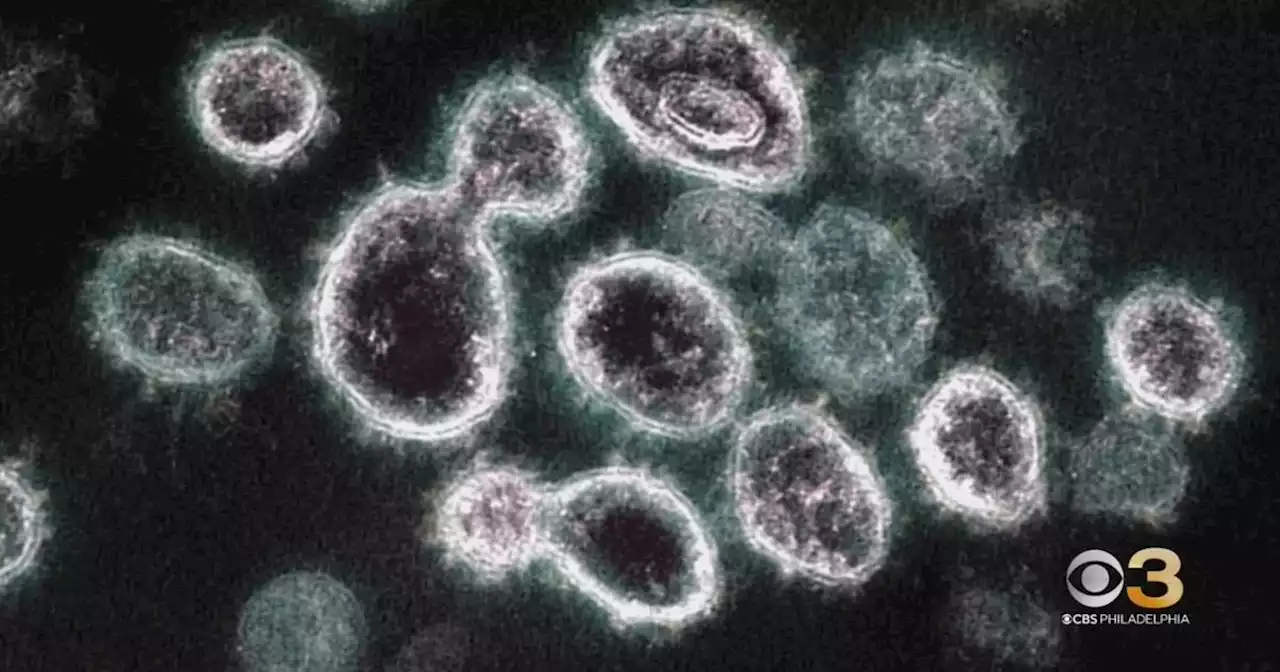These genetic and environmental factors may increase the likelihood of adverse childhood experiences according to new research, writes AtCMAP
which estimates associations between environmental factors and outcomes under a scenario in which polygenic risk scores could explain greater genetic liability to mental health problems.
Using this method, we found that genetic factors accounted for at least part of the associations between ACEs and mental health. Notably, though, child maltreatment and parental mental health problems were still associated with child mental health problems, independent of genetic factors. This suggests that the environmental experience of maltreatment and living with a parent with mental health problems could influence children’s mental health.
Our study is not without limitations. First, we examined a narrow set of ACEs, but many other adversities affect children, such asor death of a family member. Second, our study was based on participants with European ancestry, so it’s important to investigate whether the findings generalise to populations with different ancestral backgrounds.
Overall, though, our findings can help to inform interventions to help prevent children from developing mental health problems. Because maltreatment and parental mental health problems were associated with children’s mental health problems through environmental pathways, preventing those experiences might help to prevent mental health problems in the population.
To prevent children exposed to ACEs from developing mental health problems, accessible mental health support is essential. Because children exposed to ACEs were more likely to have genetic predispositions to mental health problems, therapeutic techniques that address heritableThis post was written by Jessie Baldwin, PhD, Megan Briggs, and Jean-Baptiste Pingault, PhD.
Argentina Últimas Noticias, Argentina Titulares
Similar News:También puedes leer noticias similares a ésta que hemos recopilado de otras fuentes de noticias.
 CDC Updates BMI Growth Charts for Kids As Childhood Obesity QuadruplesExpanded growth charts released Thursday by the CDC now include a body mass index of 60 — up from previous charts that stopped at a BMI of 37.
CDC Updates BMI Growth Charts for Kids As Childhood Obesity QuadruplesExpanded growth charts released Thursday by the CDC now include a body mass index of 60 — up from previous charts that stopped at a BMI of 37.
Leer más »
 Childhood BMI chart raised from 37 to 60 as severe obesity quadruplesRoughly 4.5 million children — about 6% — are considered severely obese.
Childhood BMI chart raised from 37 to 60 as severe obesity quadruplesRoughly 4.5 million children — about 6% — are considered severely obese.
Leer más »
 How Pete DeBoer connects Stars’ Jason Robertson to childhood hero Ilya KovalchukNEWARK, N.J. — As Jason Robertson becomes a greater household name in hockey circles, Tuesday’s visit to New Jersey offered a look back instead of a glance...
How Pete DeBoer connects Stars’ Jason Robertson to childhood hero Ilya KovalchukNEWARK, N.J. — As Jason Robertson becomes a greater household name in hockey circles, Tuesday’s visit to New Jersey offered a look back instead of a glance...
Leer más »
 CDC Updates Growth Charts to Include More BMI Scores to Track Increasing Childhood ObesityU.S. health officials have updated a tool to track rising cases of severe obesity among children who were previously off the charts.
CDC Updates Growth Charts to Include More BMI Scores to Track Increasing Childhood ObesityU.S. health officials have updated a tool to track rising cases of severe obesity among children who were previously off the charts.
Leer más »
 3 Unmet Basic Needs and Their Effects on Our RelationshipsWhen these core needs go unmet in childhood, they can cause emotional and relationship problems in a person’s adult life. ThriveWithAnnie explains.
3 Unmet Basic Needs and Their Effects on Our RelationshipsWhen these core needs go unmet in childhood, they can cause emotional and relationship problems in a person’s adult life. ThriveWithAnnie explains.
Leer más »
 COVID-19 spike protein could cause blood vessel leaks, possible organ failureCOVID-19's spike protein may contribute to blood vessels secreting fluids into a person's body, which can lead to severe health outcomes like respiratory failure, according to a study from researchers at the University of California, Berkeley.
COVID-19 spike protein could cause blood vessel leaks, possible organ failureCOVID-19's spike protein may contribute to blood vessels secreting fluids into a person's body, which can lead to severe health outcomes like respiratory failure, according to a study from researchers at the University of California, Berkeley.
Leer más »
